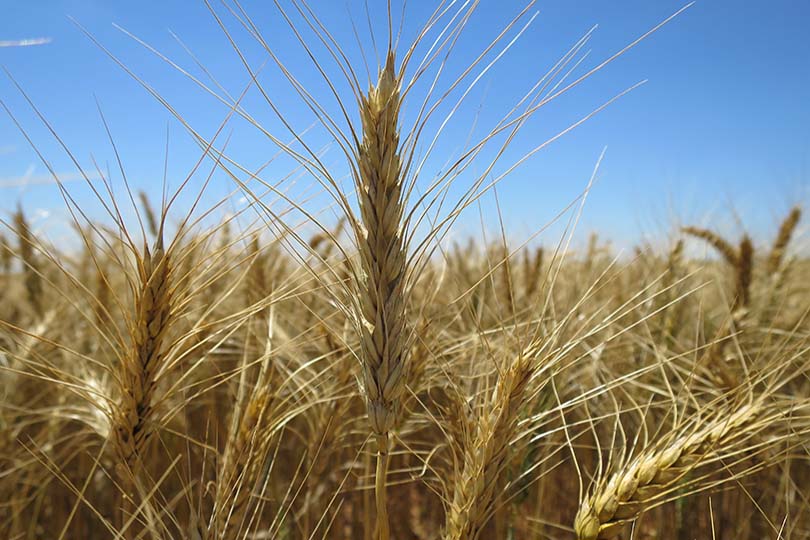Texas A&M AgriLife Research is making progress on genetic advancements to help increase wheat yields in the future.
A recent paper, Validation of Chromosomal Locations of 90K Array Single Nucleotide polymorphisms in U.S. Wheat, was recently published in the Crop Science Journal.
Dr. Shuyu Liu, AgriLife Research small grains geneticist in Amarillo, put the title in simpler terms—research is closing in on specific genetic traits in the wheat genome and how to access them.
Dr. Jackie Rudd and Dr. Amir Ibrahim, wheat breeders in Amarillo and College Station, respectively; Dr. Drik Hays, plant geneticist in College Station; and Dr. Qingwu Xue, crop stress physiologist in Amarillo, were members of the AgriLife Research study team.
Their study included three wheat populations derived from two popular AgriLife Research cultivars, TAM 111 and TAM 112, and other diverse wheat, according to AgriLife Today.
“We have talked about using genetic markers for many years now, but this research moves us from ‘proof of concept’ to actual practice in our TAM wheat germplasm,” Rudd said. “To be able to accelerate the movement of greenbug and wheat curl mite resistance from TAM 112 into new varieties is huge.”
Single nucleotide polymorphisms, known as SNPs, are the most common type of genetic variation in a plant, animal or human. Each SNP represents a difference in a single DNA building block, called a nucleotide.
High throughput molecular markers for important traits can be developed through mapping SNPs, Liu said.
Liu noted the 15,000 SNPS they have confirmed are being used to study complex agronomic traits such as yield, yield components and heat tolerance, along with disease and insect resistance controlled by single dominant genes.

